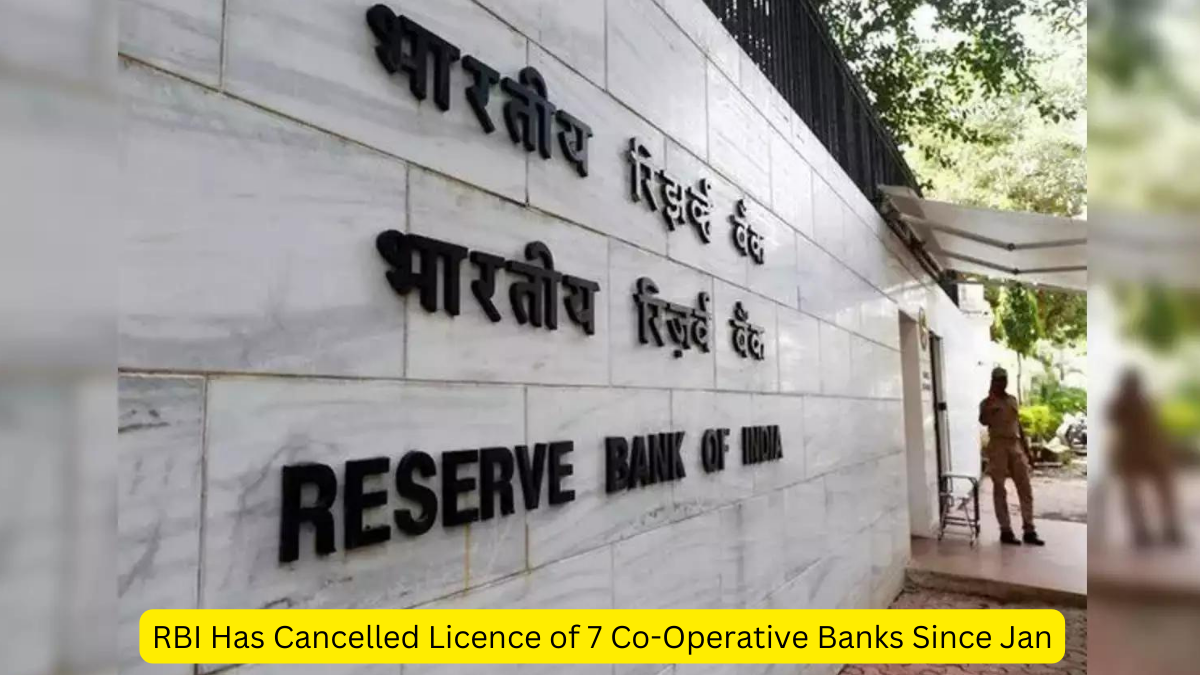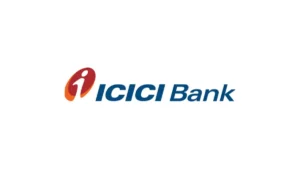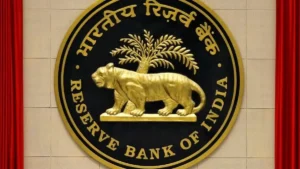The Reserve Bank of India (RBI) has once again cancelled the licence of a co-operative bank due to its deteriorating financial health. Since January, licences of Sumerpur Mercantile Urban Cooperative Bank Limited, Jai Prakash Narayan Nagari Sahakari Bank Ltd, Shree Mahalaxmi Mercantile Co-operative Bank Ltd, and Hiriyur Urban Co-operative Bank Ltd have also been revoked.
Other instances of RBI cancelling co-op bank licences
In June, the RBI cancelled the licences of Mumbai’s City Co-operative Bank and Purvanchal Co-operative Bank in Ghazipur, Uttar Pradesh, due to similar issues of inadequate capital and earning prospects. “Banaras Mercantile Co-operative Bank ceases to carry on banking business, with effect from the close of business on July 4, 2024,” announced the RBI in its official statement. Additionally, the Commissioner for Cooperation and Registrar of Cooperative Societies, Uttar Pradesh, has been asked to initiate the winding-up process and appoint a liquidator.
Reason behind cancelation of licence
The co-operative banks didn’t have enough capital and weren’t making enough money. They couldn’t guarantee paying back all depositors and allowing them to continue would harm public interest. Therefore, the RBI decided to revoke its licence to protect people’s money.
Banking Regulation Act, 1949
According to the banking regulator: The banks lacked adequate capital and earning prospects. They failed to comply with the provisions of the Banking Regulation Act, 1949. The banks’ continuance was detrimental to the interests of their depositors. With their current financial position, the banks would have been unable to pay their depositors in full. Allowing the banks to continue operations would adversely affect public interest.
About co-operative banking
Co-operative banking involves small financial institutions established by a group to meet the capital needs of their specific community. Owned and controlled by their members, these banks operate on the principle of cooperation. Members pool resources to provide banking services such as loans and savings accounts.
How does a co-operative bank work?
Membership: Individuals or businesses meeting specific criteria can become members by purchasing shares or making an initial deposit. Democratic governance: Each member has equal voting rights, regardless of the number of shares they hold. Members elect a board of directors from among themselves to oversee operations and make key decisions. Capital formation: Members contribute to the bank’s capital by purchasing shares or making deposits, which serve as the primary source of capital for the bank’s lending activities and other financial services.
Who oversees these banks?
In India, co-operative banks are registered under the States Co-operative Societies Act and regulated by the RBI under the Banking Regulations Act, 1949, and the Banking Laws (Co-operative Societies) Act, )i1955. They have been under the RBI’s oversight since 1966.
What are depositors of Banaras Mercantile co-operative bank entitled to?
According to the bank’s data, 99.98 per cent of depositors are entitled to receive the full amount of their deposits from the Deposit Insurance and Credit Guarantee Corporation (DICGC). Upon liquidation, every depositor will be entitled to receive up to Rs 5 lakh from DICGC. As of April 30, DICGC has already paid Rs 4.25 crore of the total insured deposits based on the willingness received from the concerned depositors.




 PhonePe Launches AI-Powered Natural Lang...
PhonePe Launches AI-Powered Natural Lang...
 ICICI’s New Swasthya Pension Scheme: A S...
ICICI’s New Swasthya Pension Scheme: A S...
 RBI’s New Rulebook: UTI Required for All...
RBI’s New Rulebook: UTI Required for All...








